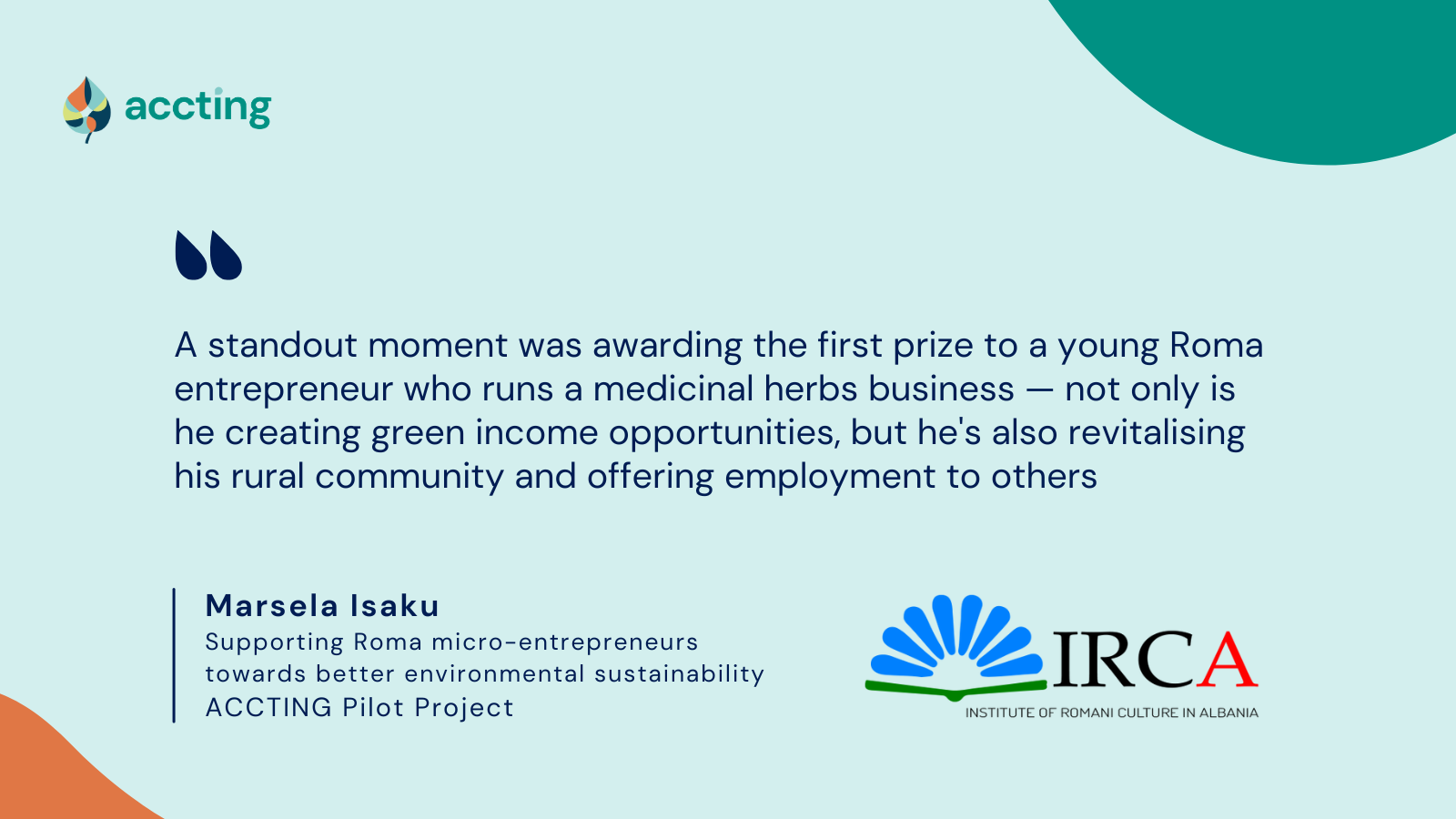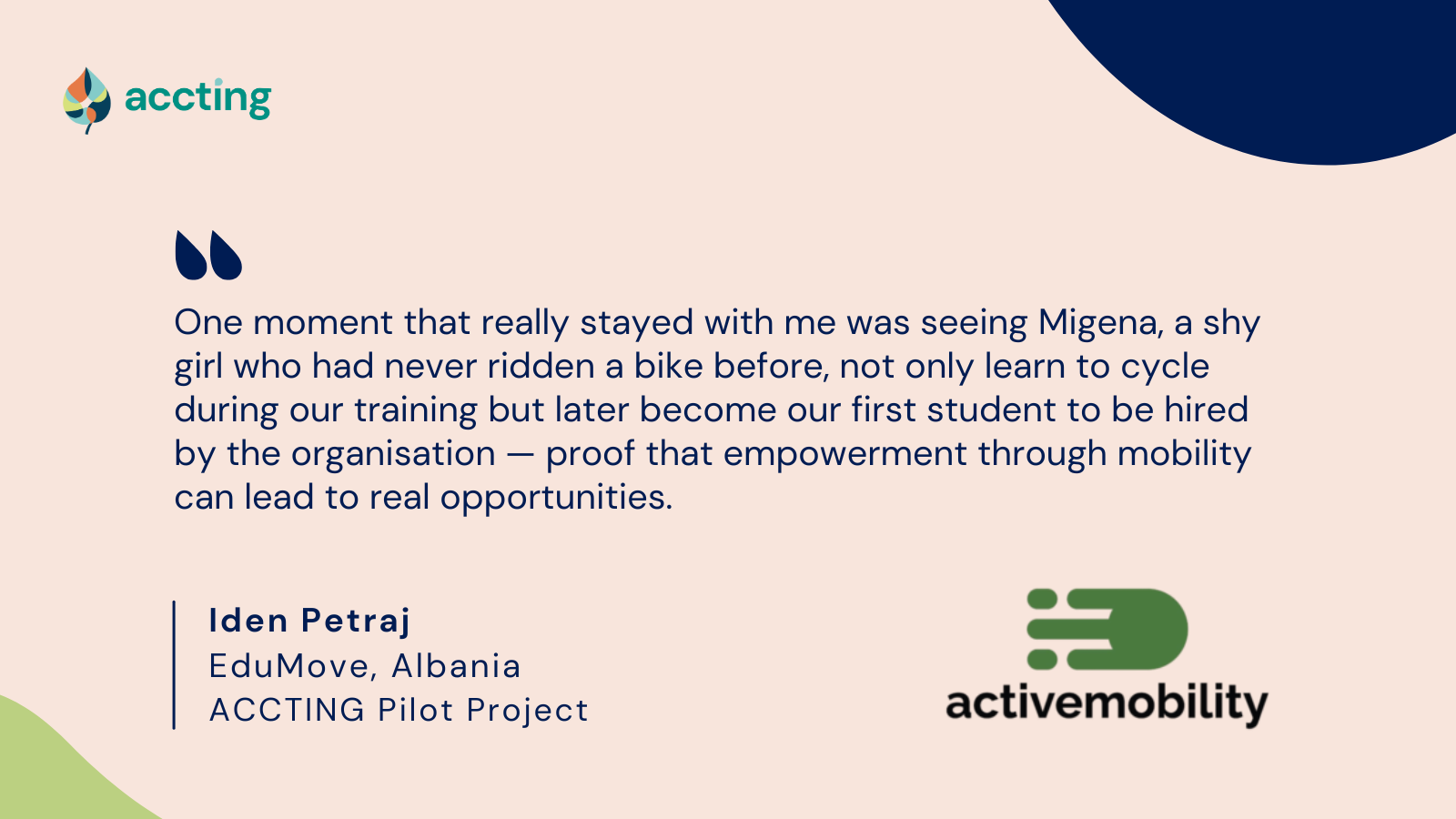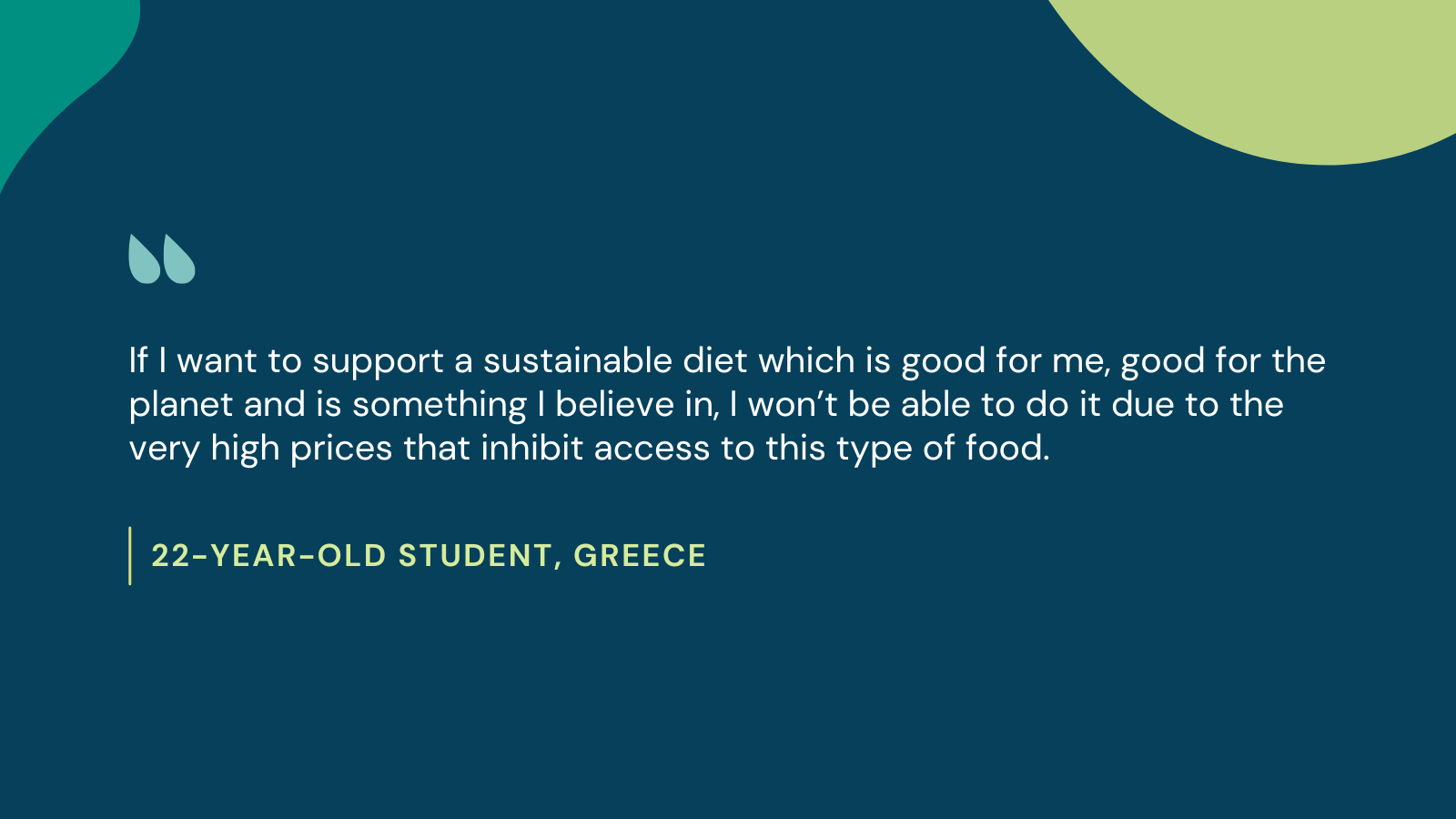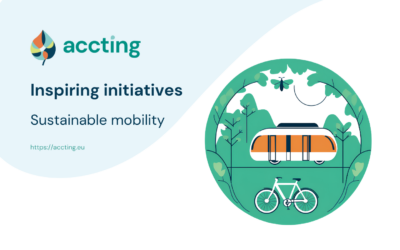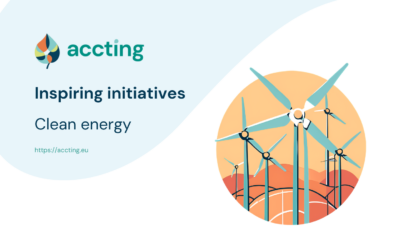The impact of climate change and the capacity to mitigate its negative impacts are unevenly distributed across and within societies; it is the poorer, marginalised and vulnerable groups who are the most acutely affected. ACCTING has collected 358 narratives via individual interviews in 13 European countries to capture some of the experiences of those vulnerable groups. These narratives on inequalities in enablers and hindrances for advancing behavioural change span eight thematic research lines – each addressing an EU Green Deal policy area. Read our dataset including all 358 narratives collected.
Bernardo, 69, Italy, believes in the contribution of disabled people in tackling environmental disasters
“My name is Bernardo, and I am 69 years old. I have been retired for two years and worked in the software and IT industry. In the course of my life, I lost sight first in one eye and then in the other and have been blind since 1990. I have always lived in a city in central Italy, and when I was young, before I started losing my sight, I was a scout and then a volunteer in the services of municipal associations. As a result, I am very familiar with the topography and toponymy of the city and the social and health structures and organisation of the municipality. I used to volunteer in rescue associations, which in those days was a tradition for all young people in town. I still deal with social and health services both in associations for the blind and visually impaired and by collaborating with municipal and regional social and health volunteer associations for the elderly and/or disabled. I live with my wife, while my daughter lives elsewhere in the city. In the last period of absolute blindness, I always need someone to help me carry out my daily tasks.
“There are wounds after years that are no longer visible, but they remain in the testimonies and, for instance, even in the plaques that testify where the water level in the town reached”
In 1966, I experienced the flood as a child. At the time, I was already in the scouts, so we were engaged to help people who had been left with flooded water both in their homes and workplaces. So I already saw in my youth the scenarios that remain after a flood of that magnitude and the consequences that linger after years. There are neighbourhoods in the city that for years had scaffolding or dampness that never cleared up, and in homes, and even entering shops, you could smell mould. At the time, I had no losses in my family due to the flood except for the house of a few relatives who could no longer use it. We took them in and helped with the minimal restoration of living conditions in their houses. I remember that the perception was not immediate for those who had not really been flooded, so much so that I always remember my mother grumbling at me because I wanted to go to the centre to see what had happened, and she said to me: ‘Put on your good clothes, because when you go out, you have to dress properly’. And instead, there were people washing their hands with wine from bottles because there was no water.
Then, having always worked in association groups, I have a fairly resilient outlook. I always try to find ways to solve the most critical issues, and above all, knowing the consequences, I have a very special focus on prevention. Others often don’t understand that you always have to expect the worst when prevention means putting yourself in a position precisely to live better. I have verified this even more with absolute blindness because knowing what can happen and how to prevent it sets your life in such a way that you then deal with the problem when it comes without stress and without the disorientation that could upset you. This also means being able to organise one’s life in an orderly way, and blind people, in particular, are an example of order and discipline, both in terms of organising spaces and paying attention to possible dangers.
“There are personal habits that have to be trained and in this case having a disability trains you to be able to recognise certain signs and be better prepared than others”
Even in the workplace, in the warehouse, this served to influence my colleagues in a positive sense: I needed to move between shelves and work benches and, with my observations, some things were changed and suspended loads or protruding elements or stumbling blocks were eliminated. It came down to the notion that if things were built or adapted as well as possible so that I didn’t take risks, everyone would live better, because injuries are unpredictable, but they can be prevented if you don’t create the conditions for them to occur. The heritage and experience of people with disabilities should teach to believe in one’s own possibilities and rely on oneself without being afraid to ask for help if some things cannot be done alone. This approach helps to deal with unforeseen situations such as a scooter or an electric car passing by, and you don’t hear them because they are silent. So, even when you think you are in a safe condition, there is always the unexpected that is not calculated. Society is born in the young, so it is the school and other educational agencies that must present models of behaviour that children do not currently have. At school, there should be the specific subject of sustainable behaviour imposed precisely as necessary for society. There should be an awareness that everyone has to make their own contribution of knowledge but also of concrete actions, starting for example with the use of single-use plastic. Even if the feeling is that individual contributions fail to affect the whole of reality, because many do not contribute, we must insist on the discourse of reuse and non-waste of food and materials.
“We must be aware that nature always wins out over us. We must not be conceited, but understand that events can happen and the only way is to study, educate and prevent the most serious consequences. Individually, we do not perceive the change that is possible as a community”
Other experiences with climate change concern the seasons, which no longer exist. The fruits of the soil are available every month of the year, and even temperature is now an uncontrollable element. The change is real, and we no longer know whether we will be able to slow down this change. I am worried about environmental disasters because the trend is more and more pronounced, with more and more concentrated events of ever-increasing power. Certainly, the land is not built to withstand these extreme events, and above all, I worry about the next generations because either cities are rebuilt from the ground up taking these aspects into account, or it will always be a cry over what has been lost. For example, the reconstruction of earthquake centres is a bit of a contradiction in the sense that it makes no sense to rebuild in the same place without more complex planning just because the community has to maintain what it had before. You have to be ready for change because keeping what it was leads to experiencing again what happened. Today, communication is accessible, so what used not to happen with us we see happening all the time in other countries such as tornadoes or tsunamis. It can always happen here in Italy too.”

